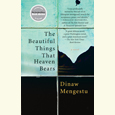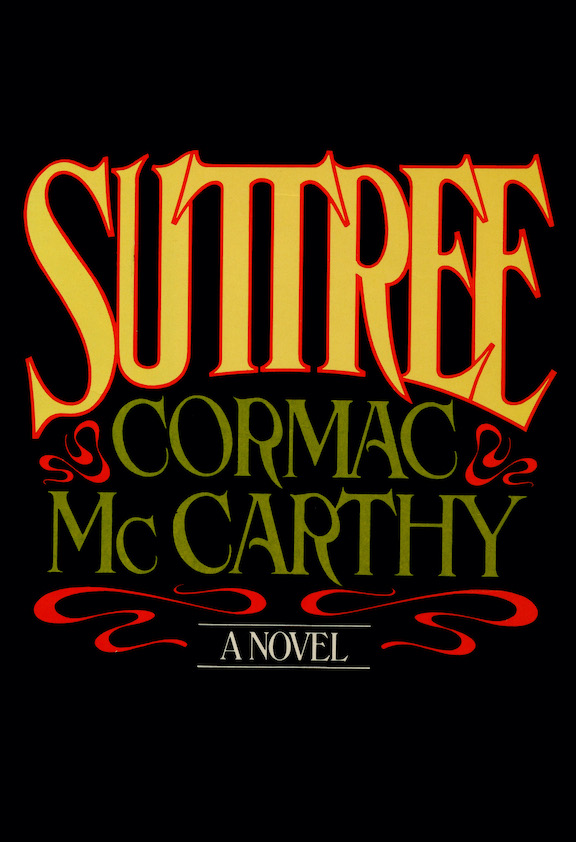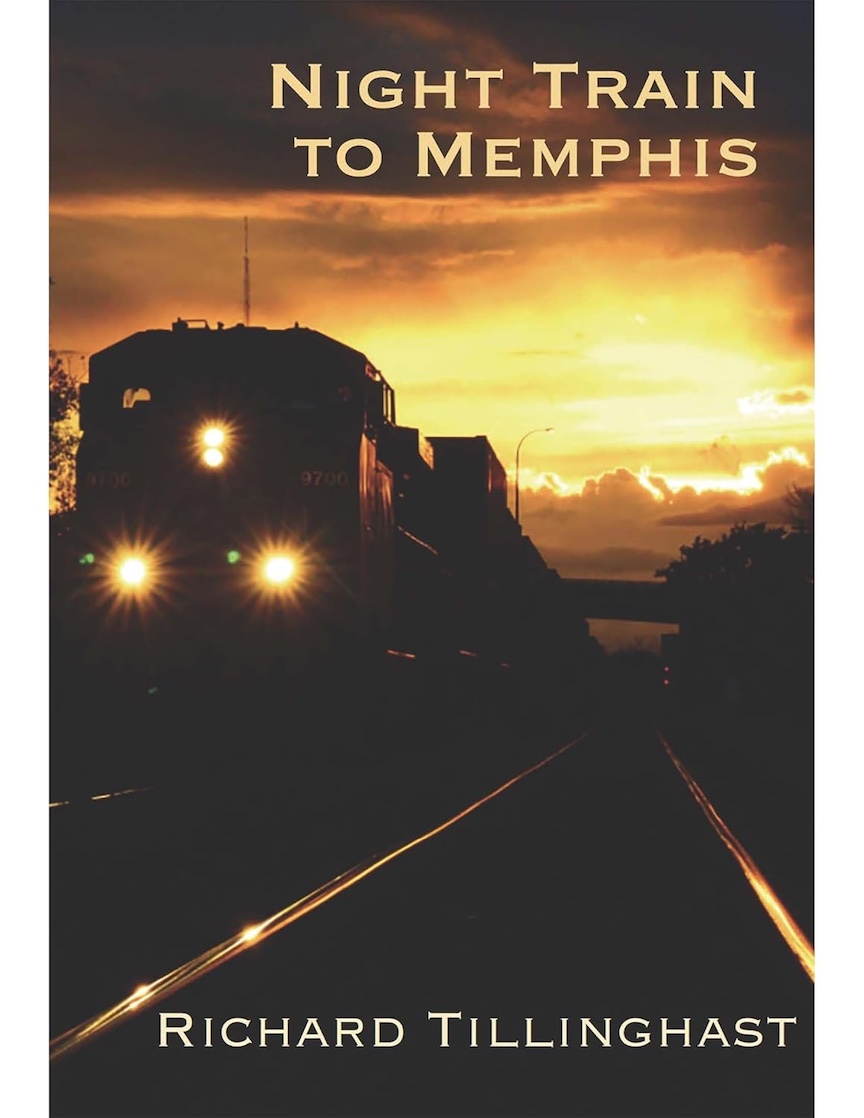Across the Age Barrier
Poets from Youth Speaks Nashville add their voices to Nashville’s literary census
As founder and director Benjamin Smith recalls it, Youth Speaks Nashville was born with a poetry slam at teen club Rocketown in July 2008. Smith had worked in youth-development programs in San Francisco and Louisville, and he noticed that “there weren’t the urban arts programs available in Nashville that exist in many other cities.” Along with three local spoken-word poets—Debangshu Roychoudhury, Kevin Hritz, and Christina Reeves—he organized the Rocketown competition in hopes of finding a few young Nashvillians to attend Brave New Voices, a national poetry slam being held in Washington D.C. that summer. As it turns out, the winners of the Rocketown slam were excited by their experience in D.C., and Nashville teachers and youth-program directors agreed that the Youth Speaks concept served a real need. So, says Smith, “we kept rolling with it.”
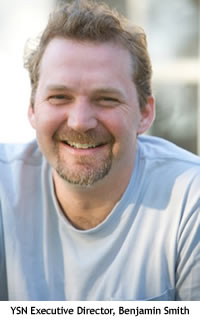 Youth Speaks Nashville gives teens, especially those in underserved communities, the opportunity for an “inclusive, active learning experience,” according to the organization’s mission statement. Through writing and performing their poetry, the students find not only a forum to express their personal experiences, but also an understanding of their work within the oral tradition—from Homer to Shakespeare to Chuck D.
Youth Speaks Nashville gives teens, especially those in underserved communities, the opportunity for an “inclusive, active learning experience,” according to the organization’s mission statement. Through writing and performing their poetry, the students find not only a forum to express their personal experiences, but also an understanding of their work within the oral tradition—from Homer to Shakespeare to Chuck D.
Bill Brown, a Nashville poet who teaches at Vanderbilt’s Peabody College of Education and who previously taught writing for many years at Hume-Fogg Academic Magnet School, is enthusiastic about the power of the Youth Speaks approach to change students’ lives: “I have seen spoken-word poetry enhance students’ self-images, their writing and speaking skills, as well as foster an appreciation for poetry and other forms of literature.” Brown says he has been “deeply impressed” with the work of the Youth Speaks Nashville poets—so much so that he collaborated with Benjamin Smith on an inter-university spoken-word poetry course, with students from Lipscomb University, Tennessee State , and Vanderbilt.
In addition to the learning and personal growth that Youth Speaks Nashville fosters in just about everybody who participates, the program also provides a nurturing environment for kids with serious artistic aspirations. Sebastian Jones, a junior at Hunter’s Lane High School, began writing poetry on his own when he was in seventh grade but really found his creative passion with the performance poetry of Youth Speaks Nashville. He began working with the organization two years ago, and now has performed his poems, by his own count, more than a hundred times. He sees his work as fundamentally theatrical. “I write it to perform it,” he says, and explains that planning the gestures and inflections he’ll use in performance are part of his writing process. As Jones makes college plans, his short list includes Columbia College Chicago, a school renowned for its media and performing-arts curricula.
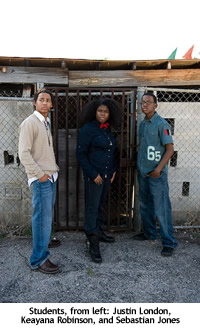 Both Brown and Jones will participate this week in Nashville Now: 2010 Spoken Word Census, a remarkable creative collaboration being presented at the Darkhorse Theater June 3-5. As the U.S. Census pursues its head count of the nation in 2010, the Spoken Word Census was conceived as a “qualitative” assessment of the multitude of literary communities that make up Nashville. Nashvillians of diverse ages and ethnicities will present new poetry, prose, and songs—with the aim, according to local poet Kelly Falzone, of offering audiences a “literary and language snapshot” of the city. Falzone, who will direct one evening’s performance, is working in collaboration with well-known Nashville directors Shawn Whitsell and Mary MacCallum, who started the project with Benjamin Smith.
Both Brown and Jones will participate this week in Nashville Now: 2010 Spoken Word Census, a remarkable creative collaboration being presented at the Darkhorse Theater June 3-5. As the U.S. Census pursues its head count of the nation in 2010, the Spoken Word Census was conceived as a “qualitative” assessment of the multitude of literary communities that make up Nashville. Nashvillians of diverse ages and ethnicities will present new poetry, prose, and songs—with the aim, according to local poet Kelly Falzone, of offering audiences a “literary and language snapshot” of the city. Falzone, who will direct one evening’s performance, is working in collaboration with well-known Nashville directors Shawn Whitsell and Mary MacCallum, who started the project with Benjamin Smith.
Sebastian Jones is just one of several Youth Speaks Nashville poets who will take part in the Spoken Word Census. As Smith sees it, this is an ideal opportunity to “bring folks together across traditional social boundaries.” Age, he points out, “is a social boundary which needs to be overcome as much as any other social boundary,” and he considers the Spoken Word Census an opportunity for his young performers to take part in an “intergenerational collaboration.”
Looking at the contributions of Bill Brown and Sebastian Jones, it’s clear that poetic voices can resonate powerfully across the divisions of age. Brown’s poem “The Light” offers a mature, bittersweet impression of the city’s ordinary life:
The poem watches
a cabbage butterfly dance the air
above a rosebush. A legless old woman
in a motorized chair stops at the cross-walk
on Church and 5th.
In his contribution, “Atlantis,” Jones expresses a younger man’s energy and heroic imagination. Inspired by the recent flood, he embraces the themes of courage and community:
I will use this pen as a row paddle and this paper as my boat
I will sail until I reach the ocean of your heart
Until you stretch out your hand
Like a sun ray
And pull up someone who is drowning in despair
This intergenerational interplay of sensibilities is a key part of making the Spoken Word Census “the writing of our own history, and the beginning of a conversation with our future selves” that its organizers envisioned. It’s also very much in keeping with the mission of Youth Speaks Nashville, which has long engaged local adult writers like Brown and Stephanie Pruitt—recently named one of Essence magazine’s 40 Favorite Poets —as mentors for its young artists. Smith notes that Youth Speaks Nashville, apart from its identity as an educational organization, has its own place in the literary life of the city: “We had been assembling an intergenerational writer community, so the Spoken Word Census is really a next step in building this community.”
Nashville Now: 2010 Spoken Word Census will take place at the Darkhorse Theater (4610 Charlotte Pike) on June 3, 4, and 5, with new work each night beginning at 7:30 p.m.
